Beyond Abba, Ikea & Greta: the potential for Swedish climate tech


· 9 min read
Sweden was labelled at one point to be the breeding ground for unicorns, but does it have the same magic to tackle climate change with climate tech innovation?
Northvolt is an example of this magic. The startup raised a phenomenal €2.4bn in 2021 with a valuation of €10.7bn. It assembled the first lithium-ion battery cell at the Northvolt Ett ‘gigafactory’ in Skellefteå, northern Sweden to directly compete with Tesla. Not only commencing a new chapter for the green mobility & transport sector across Sweden but also for Europe. Northvolt’s rise to unicorn status is not the only Swedish startup to do so with the country’s innovation legacy built on the unicorns of Spotify, Klarna, and recently, Oatly.
To face the oncoming and unprecedented challenge of climate change, does Sweden have more than Northvolt to tackle humanity’s greatest challenge of our time?
While the US was on top for venture capital climate tech investments with €42bn ($48bn) between 2016 to 2021, Sweden ranks 3rd globally for climate tech investment with €5bn ($5.8bn).
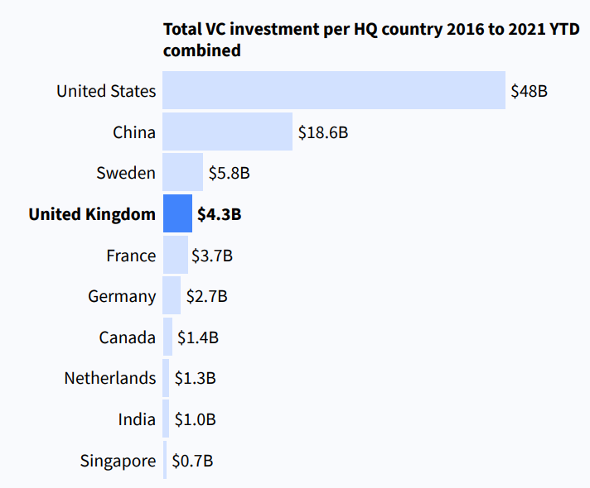
Stockholm-based startups received over 93% of the total Swedish funding with €4.7bn ($5.4bn) with the city competing amongst London, Paris, and Berlin to be one of the driving forces behind Europe’s rapid growth in climate tech.
In terms of Europe, Sweden was ahead of both large startup markets of the UK at €3.8bn ($4.3bn) and France with €3.2bn ($3.7bn).
In 2021, the climate vertical of affordable and clean energy attracted the most investment of €2.8bn with clean energy giant Northvolt attracting a large portion of that amount, raising €2.4bn.
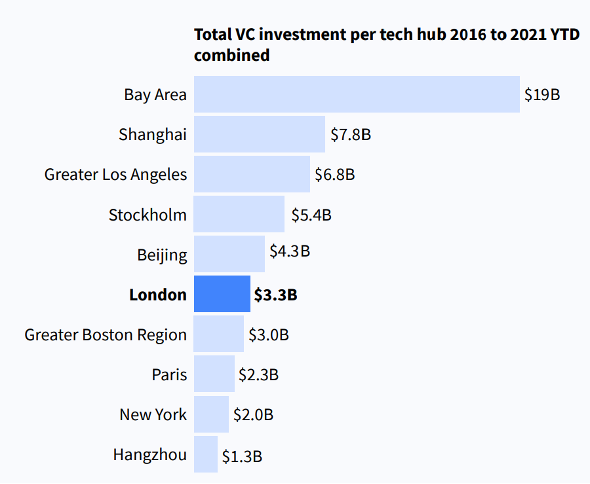
The maturing Swedish climate tech ecosystem is supported by a growing number of domestic specialised climate tech VCs.
This includes Norrsken that raised €121m ($138m) participated in 32 funding rounds and Pale Blue Dot that raised €84m ($96m). Both are thought of as some of Europe’s largest climate tech VC firms.

Founded in 2018, Heart’s mission is to create the fastest, most affordable, and sustainable mode of transport for regional travel to serve the market in every corner of the world
The first aircraft is the ES-19, a nineteen-passenger airliner with an operating range of 400 km. The ES-19 is a fully electric regional aircraft capable of seating 19 passengers and runs on batteries and electric motors instead of jet fuel with a goal to have the aircraft certified for commercial operation by 2026.
In 2021, Heart received an order of 200 of the ES-19 model from United Airlines and its regional airline partner, Mesa Air Group.
Heart joined Y Combinator in 2019 after closing €1.9m ($2.2m) seed and raised €30m ($35m) Series A funding round in 2021 with Bill Gates’ Breakthrough Energy Ventures, United’s venture arm and Mesa leading the round. Seed investors EQT Ventures and Lowercarbon Capital participated.
Total funding: $37.3m
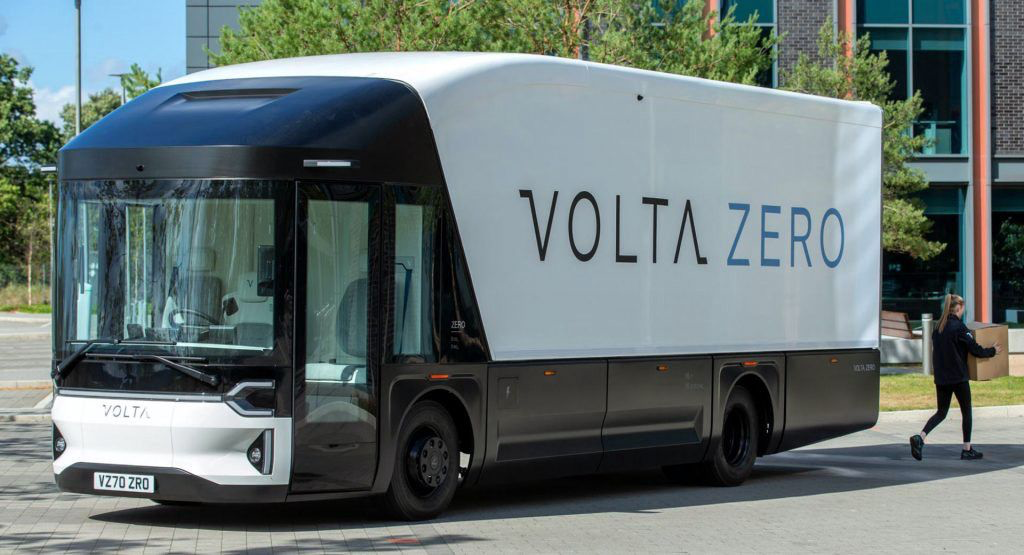
Founded in 2019, electric truck maker Volta Trucks saw its headcount grow the fastest in the last year up by 422% to 120 employees.
Volta Trucks has launched a purpose-built 16-tonne electric truck that can drive up to 200km on a single charge. It’s expecting to sell 500 of them in 2022, and 5,000 by 2025.
Total funding: $63m

Founded in 2016, CAKE has developed a minimalist electric off-road motorcycle. The range of bikes are designed to be light, quiet and capable to be used for either trail or free riding.
The company has sold 300 motorcycles in the U.S. this year and America makes up 60% of its sales market, according to its CEO.
Total funding: $74m

Founded in 2018, Doconomy is a Sweden-based fintech company that provides leading impact data services for individuals and corporations to help educate, engage, and reduce environmental impact.
According to Doconomy, around 90 million transactions are calculated every month. The start-up has already won several prominent customers, including Klarna, BNP Paribas and Bank Nordea.
Doconomy is active in 20 markets and plans to expand into ten new markets this year.
Total funding: $17m
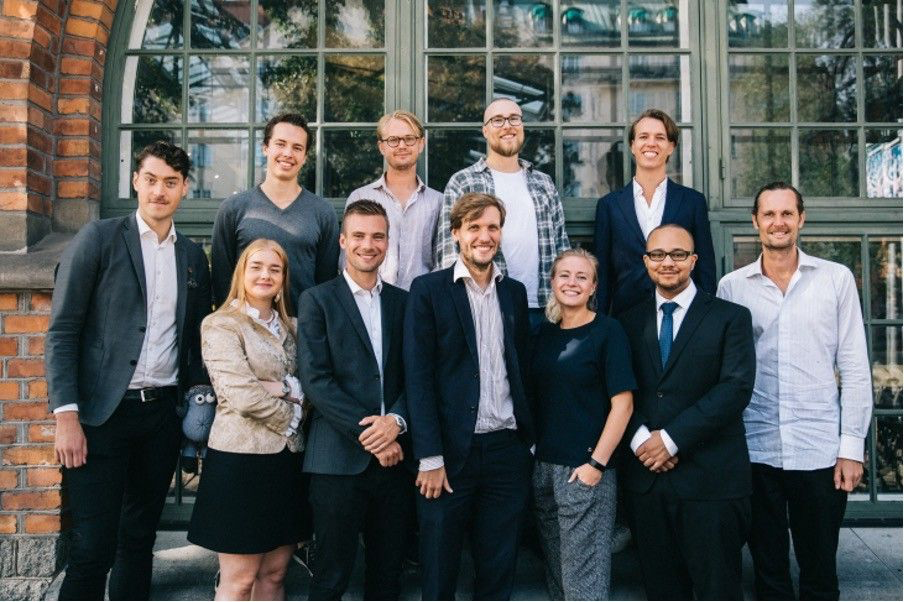
Founded in 2014, Normative is the only software capable of assessing a company’s social and environmental impact automatically by analysing their purchases using AI combined with the world’s largest sustainability research database to decrease a company’s environmental impact.
Billed as wanting to become the “QuickBook of carbon reporting,”Normative is a SaaS that plugs into various data — both a company’s internal systems and external databases on the environmental impact of goods and services. Existing clients include Summa Equity, Bonava and Ikano.
Total funding: $13.7m
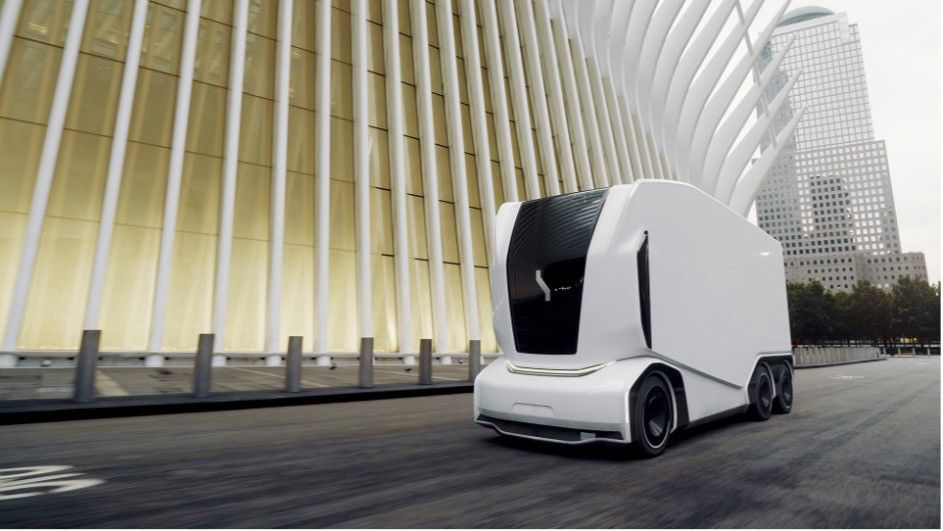
Founded in 2016, the freight technology company that operates one of Europe’s largest electric truck fleets aims to tackle the diesel-fueled freight trucks that account for roughly 7% of the world’s total emissions.
Einride’s all-electric autonomous pods can carry up to 35,000 lb. of goods, promising to reduce carbon emissions by more than 90% compared with a conventional big rig. With no front cab, Einride’s ‘pods’ drive themselves with a cloud-based remote monitoring system.
Expanding into the US market, oat milk company Oatly is already a partner of Einride’s in Europe and is now expanding that partnership to the U.S as well as the tiremaker, Bridgestone. to become customers.
Total funding: $152.3m
With a sparse population of 10.13 million people, ranked 91st in the worldfor population size, its people share a strong climate-conscious culture.
This is attributed to more than 80% of Swedes living within 3 miles of one of its 30 national parks, 4,000 nature reserves or many other conservation sites as well as an active environmental awareness is fostered within Swedish schools from a young age.
Sweden’s eco-history legacy is best represented by Greta Thunberg and government ambitions to be fossil-free by 2045. Conditions that have attracted a 2nd and 3rd generation of Swedish entrepreneurs to tackle climate challenges.
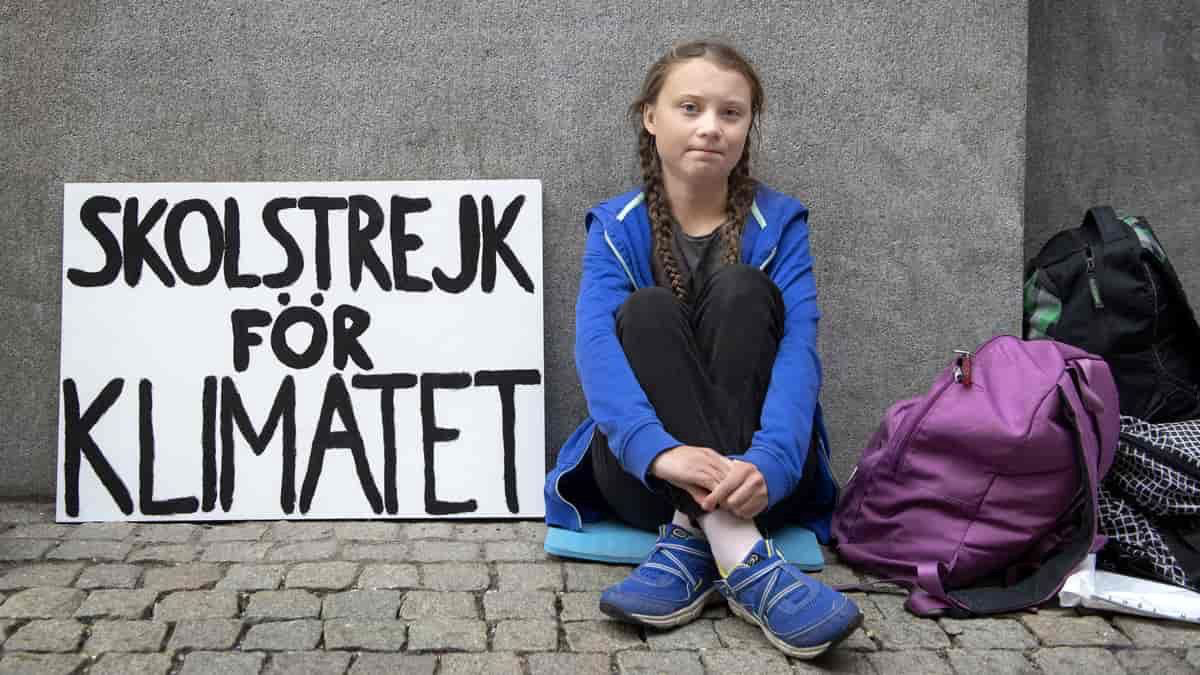
Sweden’s system of high-tax, high-spend with a welfare state structure that does not reflect ‘normal’ startups conditions to thrive within.
However, its successful startup history will tell you otherwise, possessing conditions for climate tech startups to prosper.
Sweden ranks 2nd in the world by INSEAD Business School’s Global Innovation Index. Highlighting Sweden’s innovation strengths to incubate startups.
More than 3% of GDP is invested in R&D with substantial patent families and research/technical papers produced.
In addition, the population is highly educated with one-third of the population having post-secondary education, and social stability is high enabling entrepreneurship to flourish.
Much like Israel, Swedish entrepreneurs believe in expanding globally from the outset due to its limited market.
According to research conducted by payments company Stripe, 76% of participants said that it’s more important for Swedish startups to be international than for startups from other countries.
Tictail co-founder Birk Nilson believes “we’re kind of raised to think about exporting.”
Sweden is heavily connected both in-person and online. Directly financed and subsidized by its government, fibre-optic infrastructure has been rolled out across the country to enable 9.93 million people to use the internet at a 98% internet penetration rate.
Making Sweden the 6th country in the world to have the highest internet adoption behind Denmark, UAE, South Korea, Saudi Arabia and the UK.
The Swedes also thrive within informal networks that are a strong contributing factor to startup growth.
Professor Robin Teigland from the Department of Marketing and Strategy at Stockholm School of Economics states “Resources flow through these networks and Sweden’s low power distance and flatter organisations, as well as it’s ‘lunching out’ culture, enable the building of networks and the sharing of resources.”
The country shares a high level of generalized trust deeply rooted within Swedish culture.
A factor that benefits both entrepreneurs and intrapreneurs to thrive and the creation of an environment with strong social safety nets attracting talent from around the world and a strengthened understanding of one another to solve pressing problems.
People are encouraged to share knowledge between entrepreneurs of all levels sharing a high level of trust for one another with ease to find advisors. Enough for large companies to trust small startups to collaborate and share knowledge with them.
The strength of societal trust is personified by the high levels of intrapreneurship that thrives with high levels of trust.
According to a study by Stam and Mikael Stenkula, of Stockholm’s Research Institute for Industrial Economics, 28% of working Swedish adults were involved in an intrapreneurial activity compared to 11.7% of Americans.
Making challenges of climate change more likely to be solved through a system of encouragement.
Sweden struggles to attract key talent and compete in the international labour market due to regulatory holdbacks and complex labour laws.
The country does not have any rules in place that mandate a minimum wage, but trade unions may have their own agreements that set the standard for individual industries and types of work.
Holdbacks of bureaucratic and complicated migration rules, an acute housing shortage and high individual tax rates make it challenging to recruit international talent in competition when compared to other cheaper and more open European cities.
Deloitte concluded that a common challenge in the Nordic region is that the region has strict regulation and a lack of governmental support for startups.
Although the entrepreneurship networking effect is felt throughout Sweden with important networks in Kiruna, Eskilstuna, Linköping and Jönköping, the three largest cities of Stockholm, Malmö and Göteborg possess the most entrepreneurial activity.
This concentration of innovation activity has had a knock-on effect for a brain drain of talent both domestically and internationally for Sweden.
Sweden’s dynamic high tax and robust safety net economy has proven its worth with past successes.
For climate tech stimulation, if the climate tech investment continues to flow into Europe and the ecosystem of Sweden continues to mature, the startup quality will consequently continue to improve.
Like all challenges, society needs a cohesive effort across all stakeholders. This is the case for Sweden, which needs deeper government institutional support, VC concentration and research in a greater variety of fields to tackle climate change.
Ultimately, with a compact ecosystem vision to thrive across the country and reach the global corners of the world. It is possible with Sweden’s supportive infrastructure to utilise to compete against not only European cities but also global for climate tech investment and innovation stimulation.
Much like Northvolt is striving to do now, many more entrepreneurs in Sweden can do the same for a better collective world.
Future Thought Leaders is a democratic space presenting the thoughts and opinions of rising Energy & Sustainability writers, their opinions do not necessarily represent those of illuminem
Aaron Bruckbauer

Pollution · Greenwashing
Jesse Scott

Carbon Market · Carbon Regulations
Glen Jordan

Sustainable Lifestyle · Sustainable Living
Inside Climate News

Pollution · Nature
The Jerusalem Post

Biodiversity · Climate Change
earth.com

Climate Change · Effects